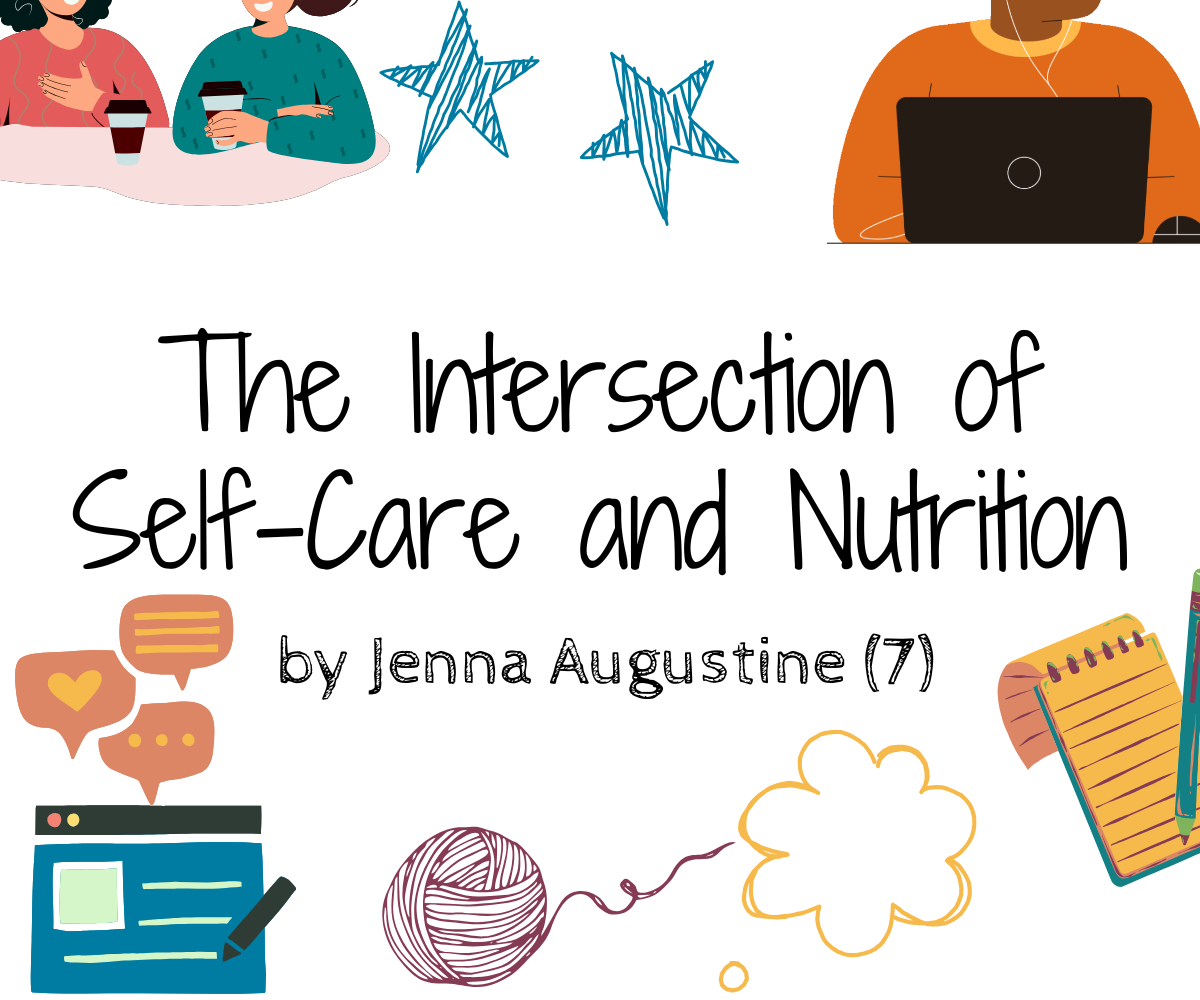
by Jenna Augustine, Cohort 7
What is the value of a fresh garden strawberry? Can a box full of nutrition staples like eggs, bread, fresh fruits, and vegetables impact an entire school? Through a recent Leadership Development/Resource Grant, Nourished SELF (School, Educators, Leaders,Families), provided a unique opportunity to explore how increasing access to healthy food and wellness coaching supported educators’ overall wellness and improved their attitudes towards health and nutrition.
Participants received a monthly food box, along with recipes and nutrition information that made use of the box ingredients and helped them understand the impact of nutrition on health and well-being. This information was shared with children and families and incorporated into shared meals, cooking, and growing experiences in the classroom and at home. Nourished SELF partnered with Denver Urban Gardens and their “Grow a Garden” program to obtain plants for planting with the children, further strengthening the connection to healthy eating and food security. Any excess produce from the school garden will be donated to the Denver Food Rescue over the summer months.
Healthy teachers are an essential component of a healthy classroom and healthy school environment. When teachers do not have enough food or have to choose inexpensive foods with low nutritional value, it can negatively impact their health and well-being. Early childhood educators are critical in the formation of young children’s life-long nutrition development. Educators in early childhood must develop a healthy relationship with food and begin to teach children the relationship between food and health. When we expose children to a variety of learning experiences we help them develop positive attitudes about food, nutrition, and health. Through Nourished SELF educators documented these critical early nutrition experiences, sharing them with parents and fellow educators.
When teachers eat healthy, nutritious and culturally relevant food they feel better and in turn create a happier, healthier classroom environment for the children. In the hopes of preventing teacher burnout and improving teacher retention, a committee was created to focus on how to best support the social, emotional and health needs of educators. During the three-month program educators participated in monthly Nourished SELF Community of Practice (COP) meetings. We shared our experiences with the food box ingredients, how we are feeling in our body and in our mind, engaged in coaching conversations around a self-care plan and shared our documentation from the classroom. We created a community rooted in belonging and connectedness while increasing health and access to healthy nutritious food. Healthy eating with the support of a coach decreases stress levels and increases the ability to manage the many challenges that face early childhood educators.
One educator reflected:
“Creating a new understanding of health and nutrition was an important part of this program to me. Preparing and eating the new box ingredients helped me build a deeper understanding of my health. In the classroom, students studied, talked about, used their senses, and imagined the ingredients, while creating a new recipe using fruits and vegetables. The excitement from this tangible moment spread to each child as they took their first bites of strawberry salsa. This led to nearly all the students eagerly going to the garden together, with a deep curiosity to taste, smell, and eat the plants. This moment also marked the first clear benefit of the work needed to grow, leaving a lasting impression on everyone.”
A program like this has the potential to be applied and integrated into many diverse educational environments. Participants engaging in this professional development opportunity cultivated and adopted healthier habits, and created a comprehensive plan for fostering a more positive relationship with nutrition. They also took their learning and applied it to their classrooms, creating beautiful experiences for their students and families. They received both financial and mental support, leading to an enhanced mood and overall well-being at their workplace. Additionally, they established a sense of community and developed a deeper appreciation for their own health and well-being, which in turn they imparted to the children in their care. By expanding access to healthy and nourishing food for early childhood educators and leaders, we saw improvement in their mood and the creation of a healthier food culture within their educational programs.
